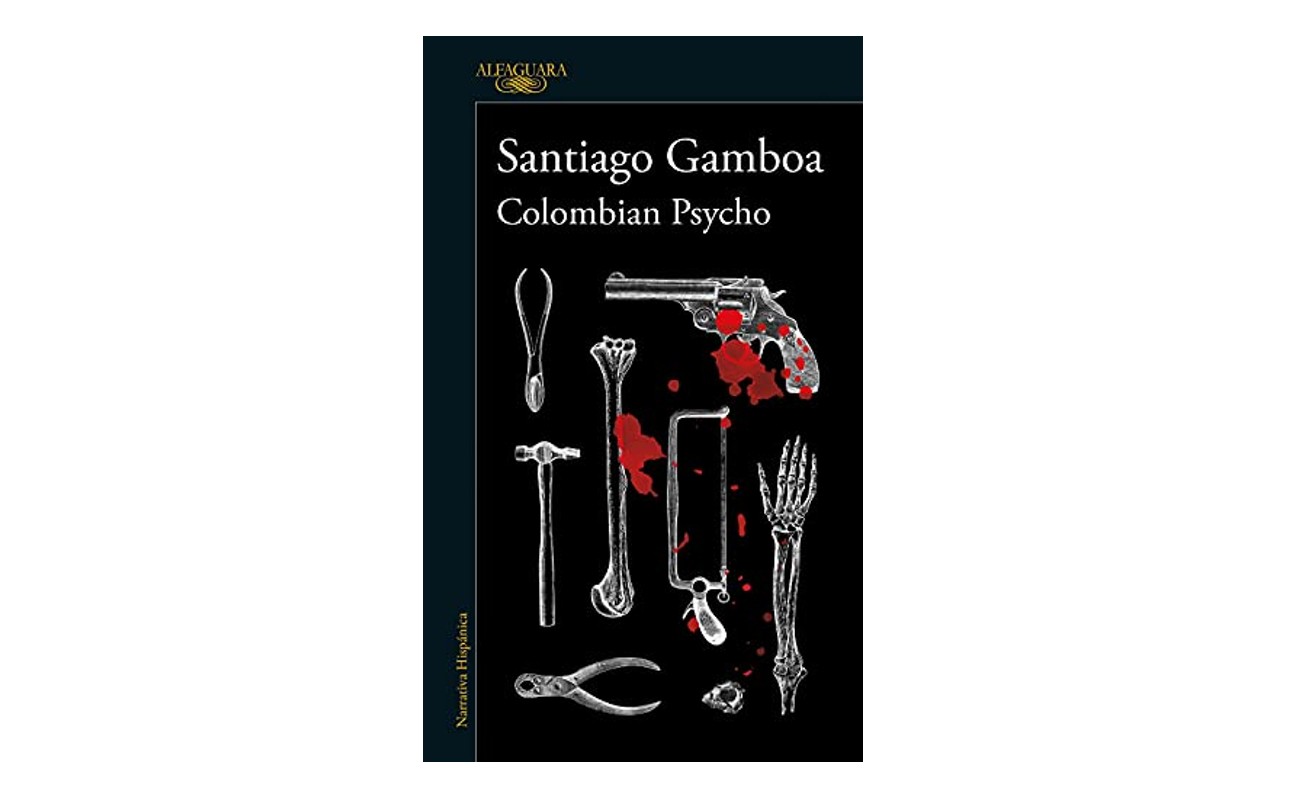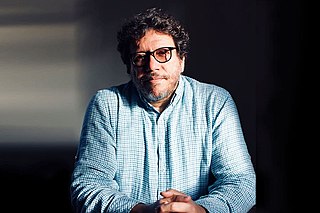
'Colombian Psycho,' the latest novel by Santiago Gamboa
In this chilling detective story, the Colombian writer delves into the darkest aspects of his country.
In an unexpected find, some human bones are discovered in the mountains of La Calera, east of Bogota. The prosecutor, Edilson Justiñamuy, has the mission of identifying who they are with the help of agent Laiseca and the rest of his team. Julieta Lezama, his journalist friend, will join the investigation to unravel a chain of atrocious crimes that will lead her to meet writer Santiago Gamboa and his work, where she will find a fundamental key to understand the mystery of the disturbing discovery.
Moving between reality and fiction, Colombian Psycho is a story of crime and violence that reflects a post-conflict country where "each person lives his life as he can," and "time does not always run forward. Not for everyone and not equally."
"In Colombian Psycho, some of the capital sins of our ruling class are staged and also the consequences of the arrogance and contempt of Creole characters similar to those who today call themselves 'good people,'" said the author in an interview with Colombia's El Tiempo.
In the novel, Gamboa argues that violence "is cultural and does not progress, it remains static," which has a lot to do with killing.
"Each culture has different ways of doing it. Beheadings, for example, are more Mexican than Colombian. There it is practiced from the Aztecs to the criminal narco culture of today, passing through the revolution. Here, the 'tie cutting' became famous during the political violence of the 50s. In the 90s, it was the car bomb... and then the chainsaw," he told El Tiempo. "Violence does not progress because it is a natural drive in human beings. What progresses is, on the one hand, the technology of that violence, and on the other, the debate on ways to counteract it, to redirect it, or avoid it," he said.
RELATED CONTENT
Colombian Psycho is the 11th novel by this prolific Colombian writer born in Bogota 56 years ago, but who lived most of his youth abroad. At the age of 19, he moved to Madrid to study Hispanic Philology after his parents, both teachers, moved from Bogota to Germany.
In a recent interview with El País, he said that from 14 to 18, he read all the Latin American writers — from García Márquez to Cortázar, Borges, Puig, Fuentes and Vargas Llosa.
"And I discovered one thing, I wanted to be that, a Latin American writer, not a Colombian. Being Colombian is irrelevant, it's little," he said.
After a long stint working as a correspondent in Paris and Sarajevo, and as consul in New Delhi, he returned to his native country for family reasons in 2015. It was also because the peace process was beginning.

"I said to myself, it's time to go back. I wanted to be there and see that. I had left at 19 and was coming back at 50. I was different and I was coming back to a different place. Coming back, in the end, is a literary question, that only literature can answer that question. Until then, my novels were always about a Colombian outside Colombia. From that moment on, they were about the new Colombia," he told El País.
Among Gamboa's best-known previous novels are Necrópolis (2009), Plegarias nocturnas (2012), Volver al oscuro valle (2016) and Será larga la noche (Alfaguara, 2019) — all of which are also available in English.












LEAVE A COMMENT: